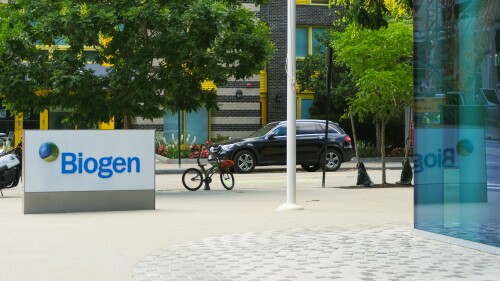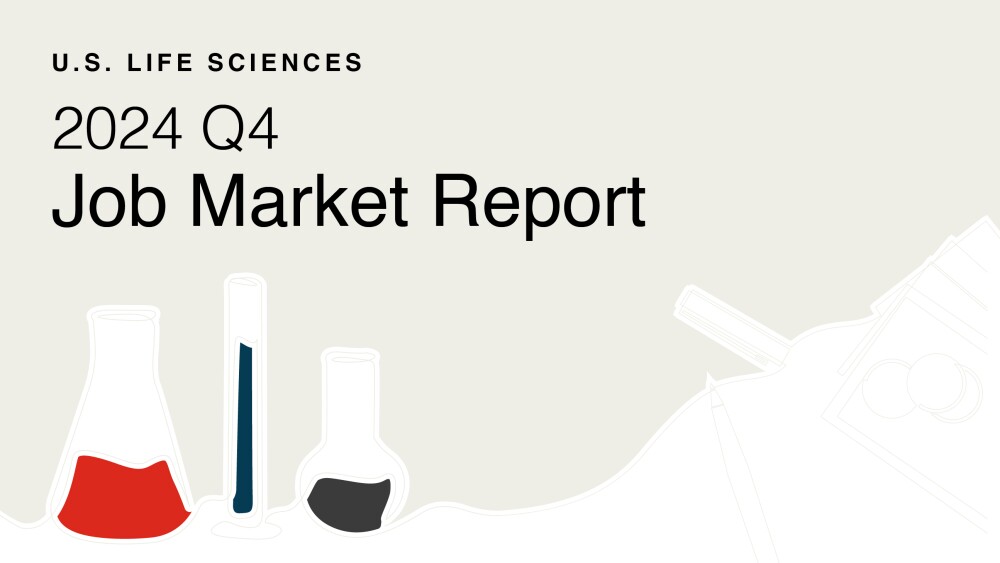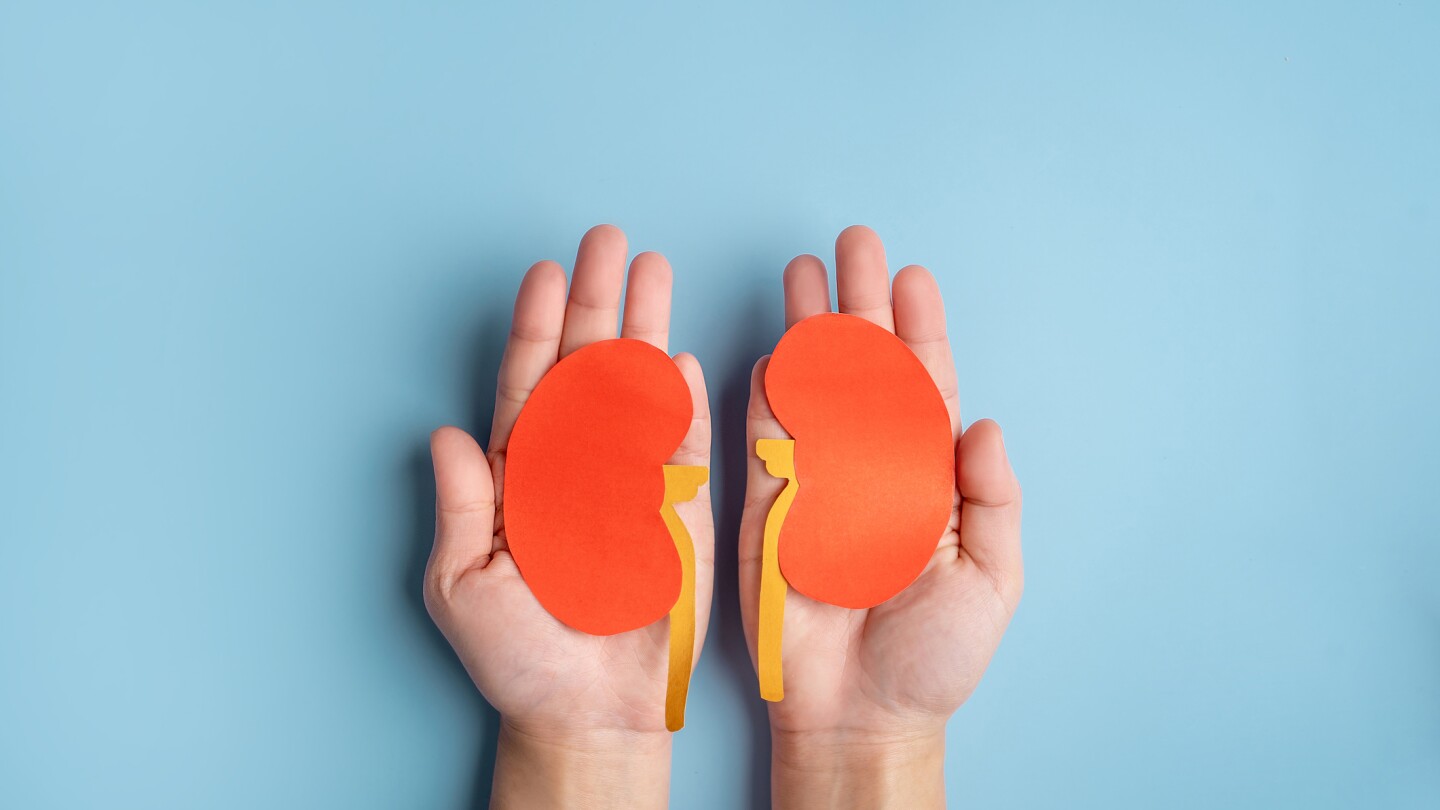News
BioMarin no longer expects to hit its $4 billion revenue target by 2027, citing various market factors such as impending competition for achondroplasia therapy Voxzogo and the divestment of the gene therapy Roctavian.
FEATURED STORIES
While Bruton’s tyrosine kinase inhibitors are often hailed as the next big breakthrough in multiple sclerosis, Immunic Therapeutics and others are leveraging neuroprotective targets and remyelination to keep the disease at bay.
Following up on previous, dimly received issuances, a new set of ideas published by the FDA to streamline regulatory pathways for cell and gene therapies ‘for small populations’ is receiving a warmer welcome—but experts warn it will take more to turn the tide for the fraught therapeutic space.
J&J still holds the top deal of the year by value with its $14.6 billion buy of Intra-Cellular in January, but the next four biggest acquisitions came in the past four months.
Job Trends
Encoded’s layoffs will mostly affect its technology and early-stage research and development functions. The move is expected to keep the biotech operational well into 2026.
FROM OUR EDITORS
Read our takes on the biggest stories happening in the industry.
This week marked the start of the third-quarter earnings season, with Johnson & Johnson exceeding Wall Street’s expectations. Pfizer is projected to have a strong quarter, while Eli Lilly could pull ahead of Novo Nordisk in the obesity space. Moderna, by contrast, has a decidedly negative outlook.
THE LATEST
Seven Novo Nordisk board members have resigned. The new board headed by former Novo Nordisk CEO Lars Rebien Sørensen will align behind the new CEO’s massive restructuring plan.
The company is dropping its social anxiety disorder program but will still test the molecule in post-traumatic stress disorder.
The company’s technology, a modified herpes simplex virus used to deliver gene therapies, was given the FDA’s new designation based on its approved topical skin cream. What this will mean for Krystal’s still-in-development eye drop is unclear.
In this episode presented by Element Materials Technology, guests Dr. Jihye Jang-Lee and Dr. Khanh Courtney will explore how healthcare and pharmaceutical players are rethinking their strategies amid global supply chain disruption.
Galapagos at the start of the year had planned to split into two businesses, with one resulting entity focused on cell therapies. The biotech nixed these plans a few months later, instead choosing to put up for sale multiple cell therapy assets.
With data from the Phase III STELLAR-303 study in the books, Exelixis is plotting a 2025 regulatory application for zanzalintinib.
In May, Summit released early data from the Phase III HARMONi study showing that while the PD-1/VEGF inhibitor resulted in significant progression-free survival improvements, it fell short of the overall survival bar.
The death occurred in a patient who had a complex medical background and who was being managed with several drugs, according to RBC Capital.
To tailor cancer therapies to individual patients, Moderna, BioNTech and other companies are rethinking how they optimize manufacturing schedules and resources.
The anti-CD20 antibody, developed by Roche’s Genentech along with Biogen and already approved for multiple oncology indications, is branching into autoimmune disease. Its B cell–targeting mechanism of action gives it activity in improving kidney conditions in patients with lupus nephritis.





















